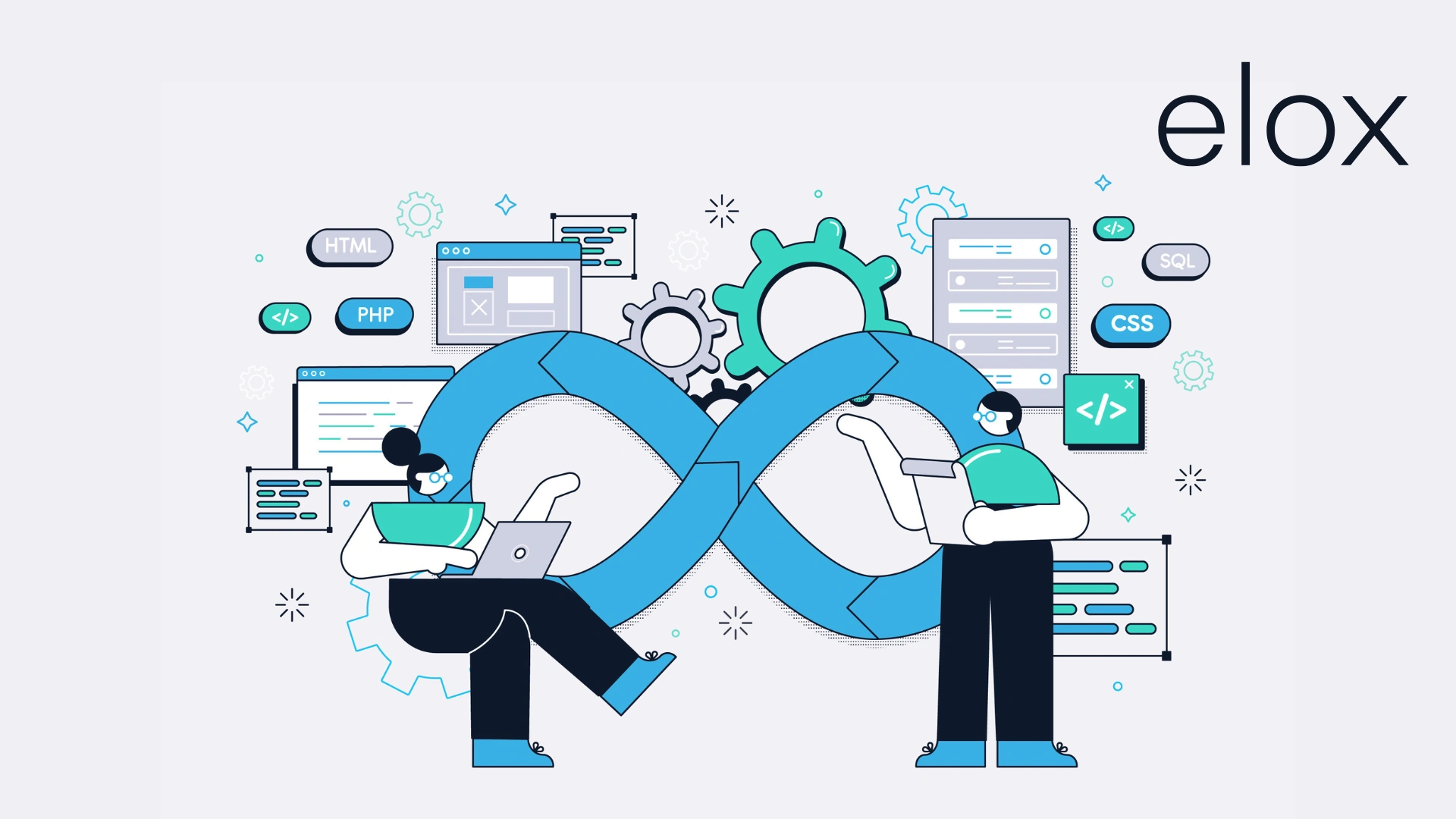DevOps transformation offers immense benefits—faster delivery, improved collaboration, and greater system resilience. Yet, many organizations face significant roadblocks during this transition. From cultural resistance to tooling overload, these challenges can derail progress and diminish ROI. In this blog, we explore the most common DevOps transformation challenges and practical strategies to overcome them.
New to DevOps? Start with our Ultimate Guide to DevOps for Startups.
1. Cultural Resistance and Siloed Teams
One of the most underestimated challenges in DevOps adoption is the human element. Resistance to change, fear of job displacement, and departmental silos can significantly slow down transformation efforts.
Solution:
- Promote a DevOps culture based on collaboration, transparency, and shared responsibility.
- Encourage cross-functional teams by aligning Dev, Ops, and Security goals.
- Provide training sessions, workshops, and internal champions to foster a sense of ownership.
Dive deeper into culture-building in our blog on Building a DevOps Culture That Scales.
2. Legacy Infrastructure and Tooling
Outdated systems often lack the flexibility needed for agile DevOps practices. Legacy environments make automation difficult and inhibit rapid deployment.
Solution:
- Start small by containerizing legacy applications and gradually moving to microservices.
- Leverage Infrastructure as Code (IaC) tools like Terraform or Ansible to modernize environments incrementally.
Learn more about IaC in our post on Infrastructure as Code with Terraform and Ansible.
3. Tool Overload and Integration Nightmares
Choosing the right tools is vital, but many organizations fall into the trap of using too many platforms that don’t communicate well with each other.
Solution:
- Adopt an integrated DevOps toolchain that supports seamless communication across CI/CD, monitoring, and incident management.
- Prioritize tools that offer open APIs and strong community support.
Check out our guide on Implementing DevOps in Agile Environments for best practices in tool integration.
4. Inconsistent Environments Across Dev, Test, and Prod
Inconsistent configurations can lead to bugs that appear in production but not in testing environments, slowing down delivery.
Solution:
- Use containerization platforms like Docker and orchestration tools like Kubernetes to standardize environments.
- Automate environment setup using scripts and IaC to eliminate configuration drift.
Related reading: Securing WordPress in Docker with CrowdSec and Traefik.
5. Lack of Observability and Real-Time Feedback
Without visibility into system performance and user behavior, it becomes difficult to identify issues and optimize performance.
Solution:
- Implement robust observability solutions that collect and analyze metrics, logs, and traces.
- Leverage AI/ML to derive predictive insights and automate responses.
Explore how observability is evolving in The Future of DevOps: AI/ML and Observability.
6. Security Bottlenecks (DevSecOps Neglect)
Security is often treated as an afterthought, leading to vulnerabilities late in the pipeline.
Solution:
- Shift security left by integrating checks early in the CI/CD pipeline.
- Use DevSecOps tools like Snyk and Aqua to scan code, containers, and infrastructure for vulnerabilities.
7. Measuring Success and ROI
Many teams struggle to measure the effectiveness of their DevOps transformation, which can impact stakeholder buy-in.
Solution:
- Define clear KPIs such as deployment frequency, mean time to recovery (MTTR), change failure rate, and lead time.
- Use dashboards and analytics to communicate improvements regularly.
Need help tracking progress? Read DevOps Transformation: A Step-by-Step Guide.
8. Shortage of Skilled Talent
DevOps requires a mix of development, operations, and security expertise. Many organizations lack access to engineers skilled across all three domains.
Solution:
- Invest in training programs and certifications.
- Consider partnering with a DevOps service provider to supplement in-house capabilities.
Looking for a partner? Explore our DevOps Services for Startups.
Conclusion: Turn Challenges into Opportunities
DevOps transformation is not without hurdles, but each challenge also presents an opportunity to strengthen your organization’s agility, resilience, and innovation capacity. By proactively addressing cultural, technical, and strategic challenges, you can accelerate your DevOps journey and gain a competitive edge.
